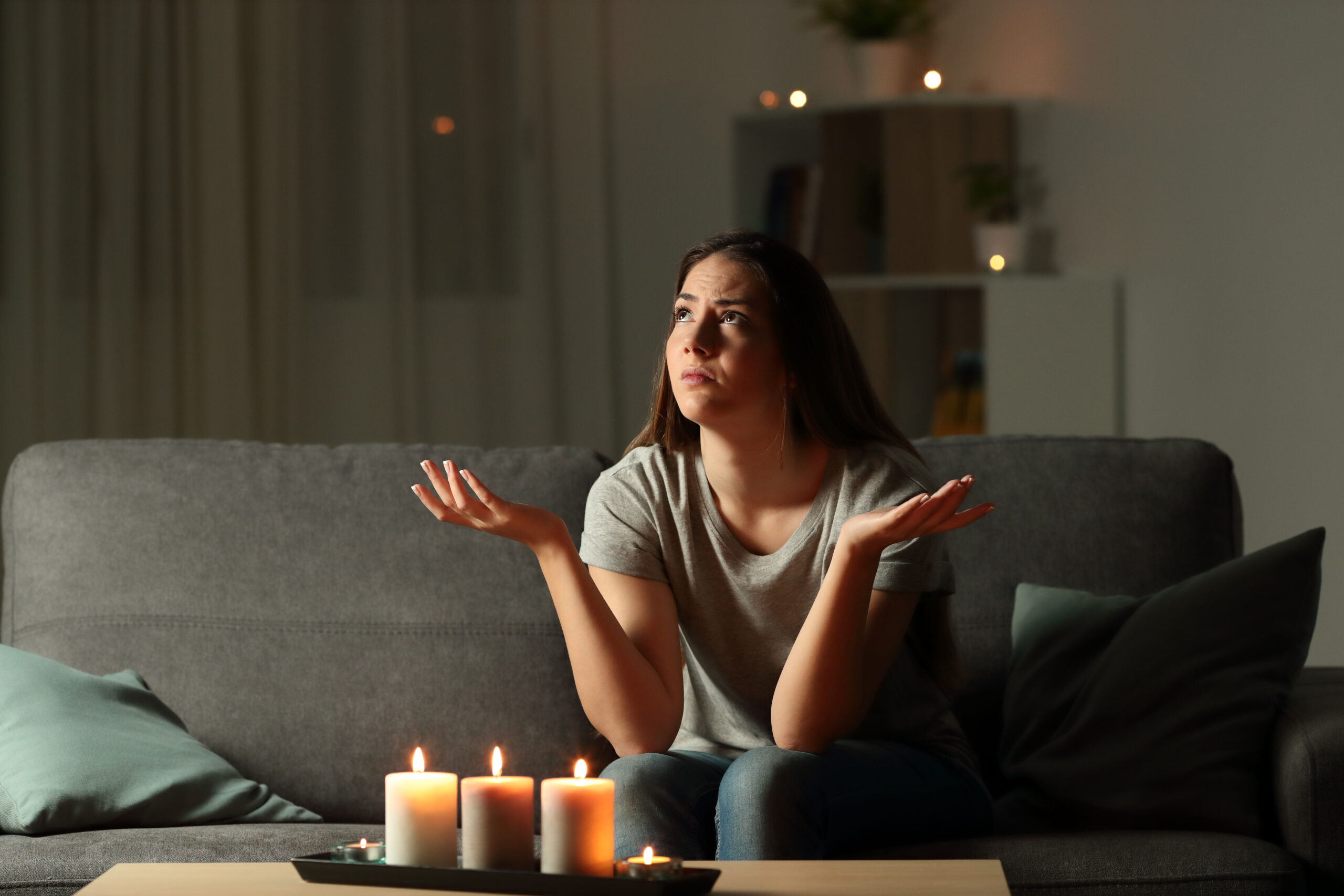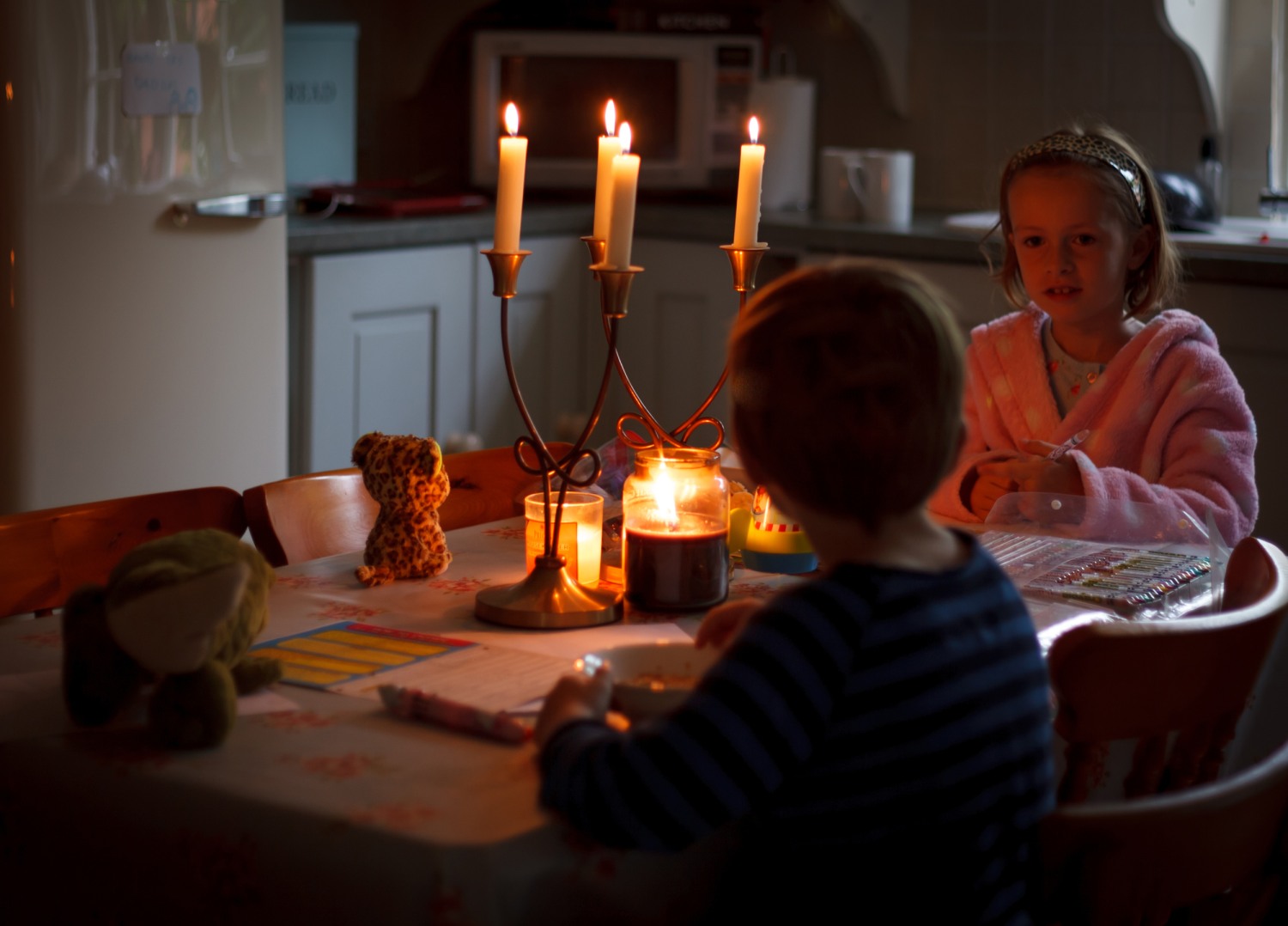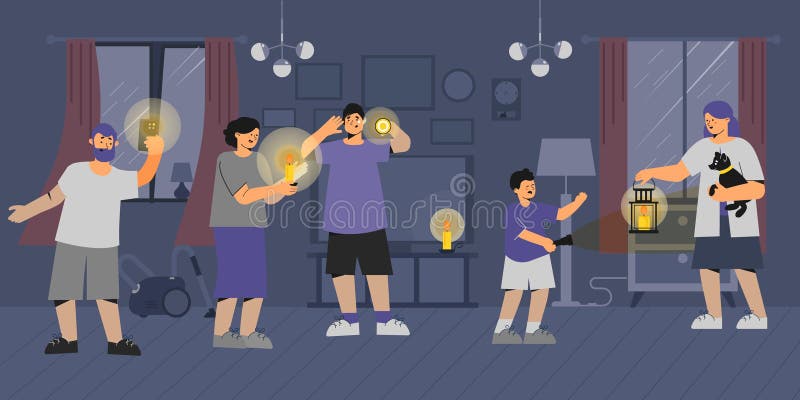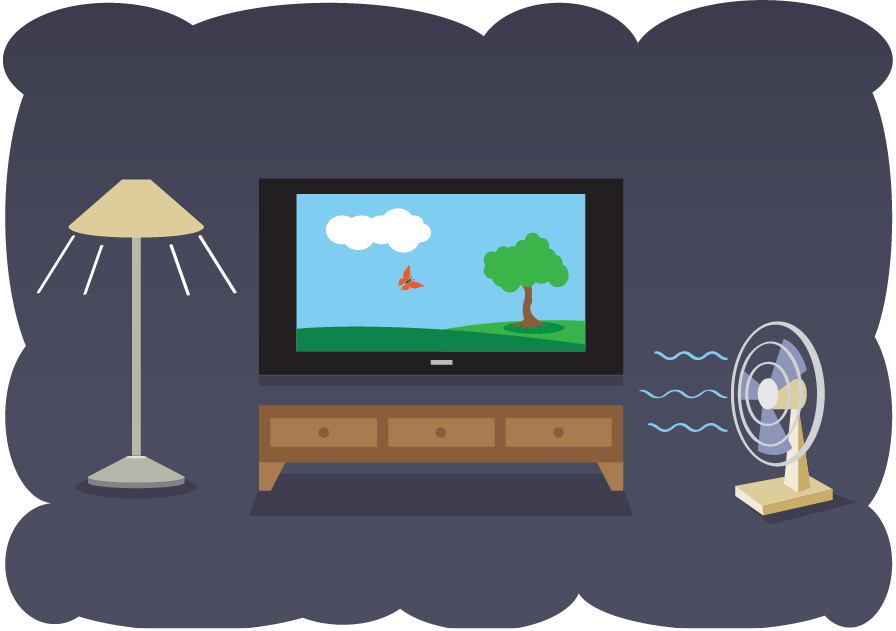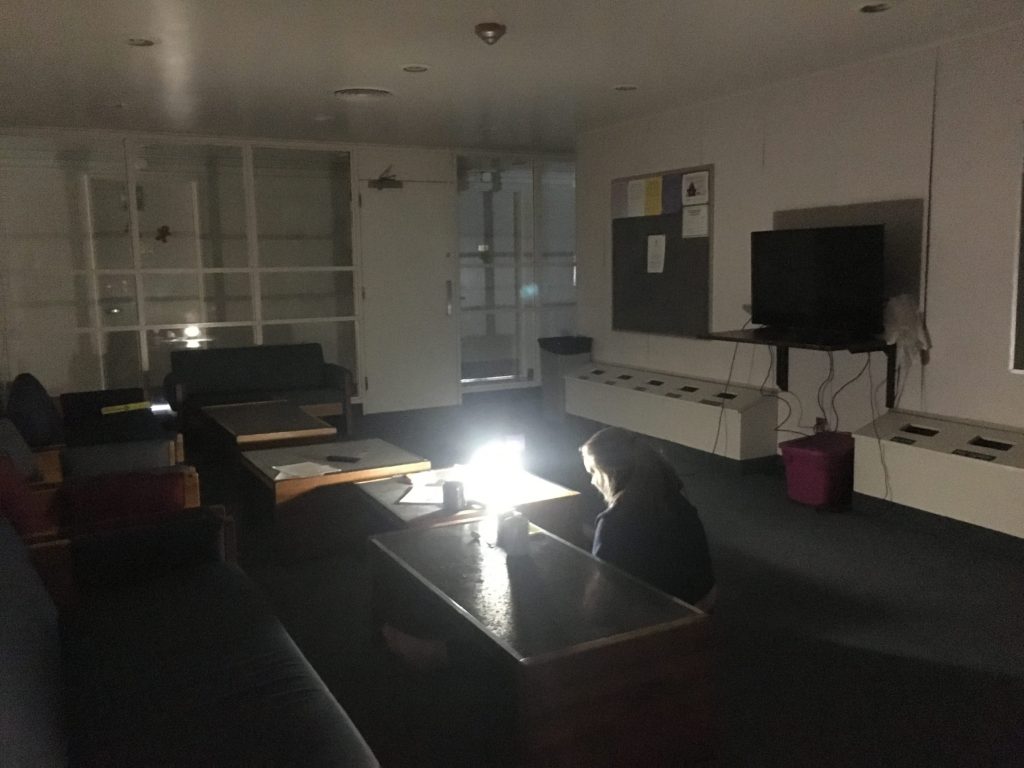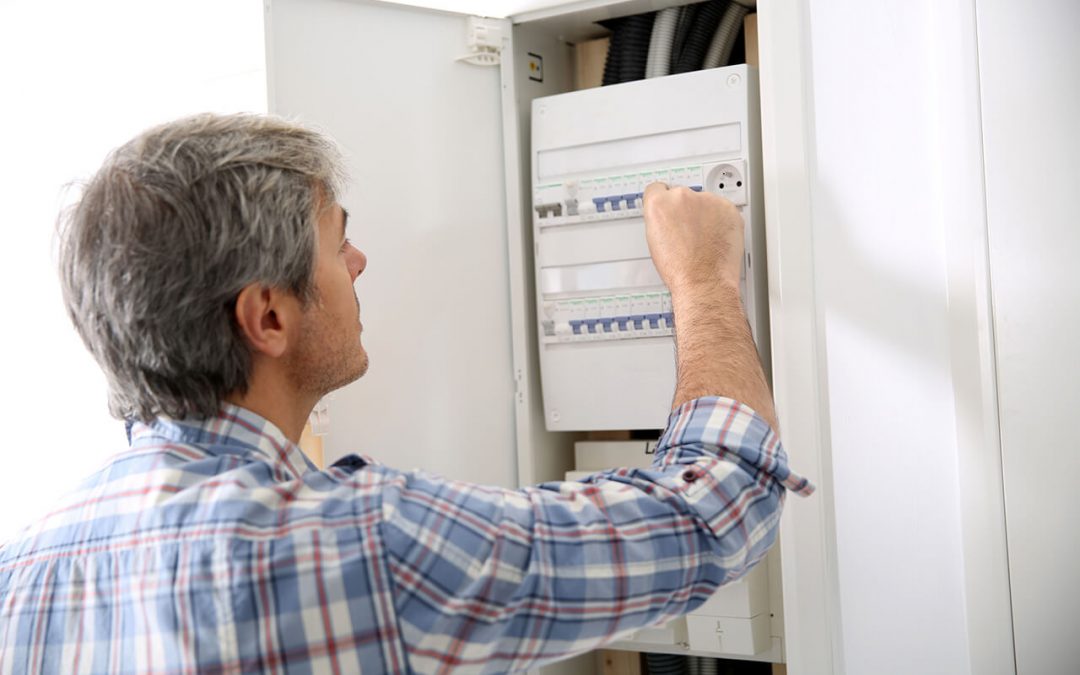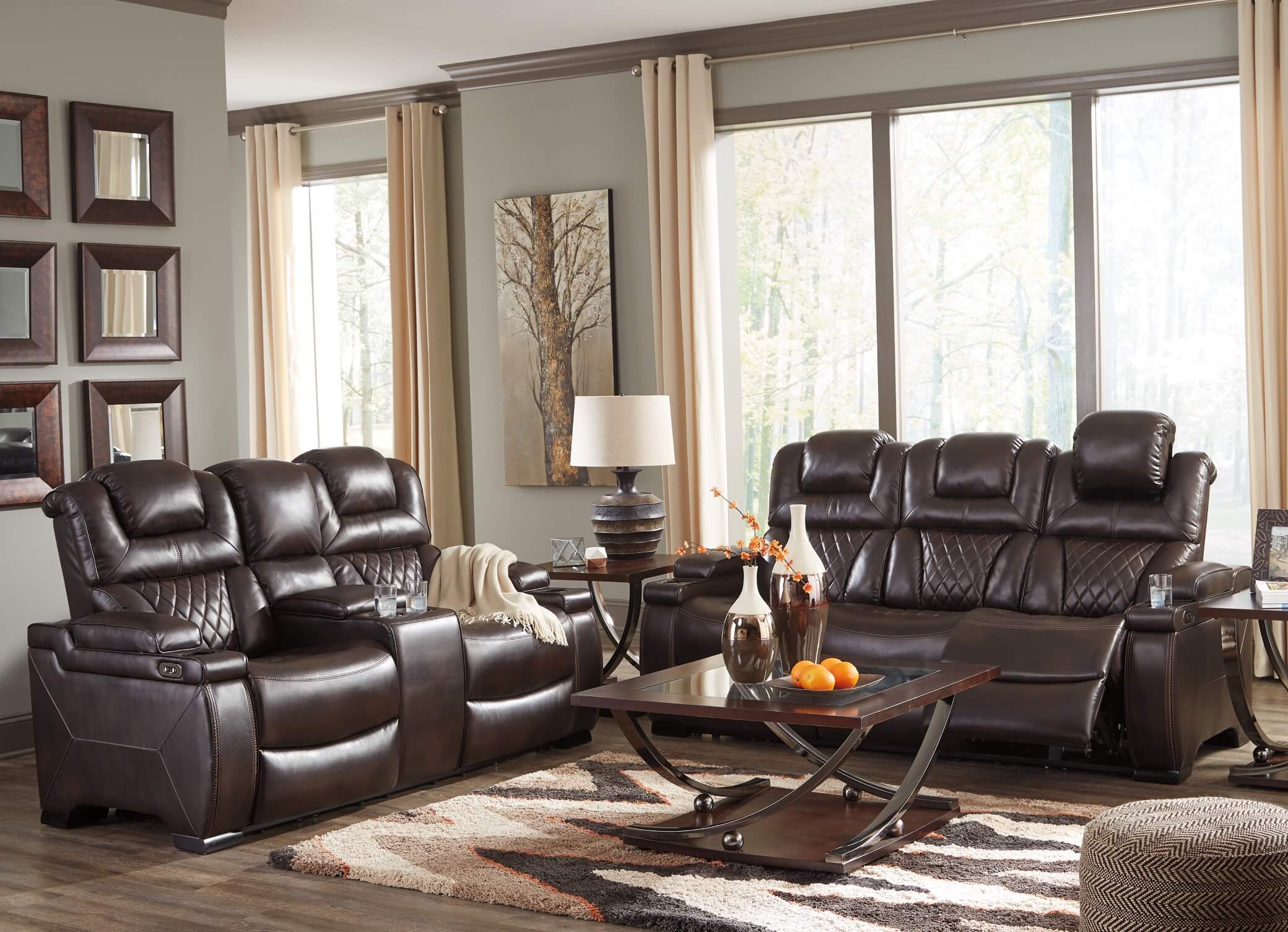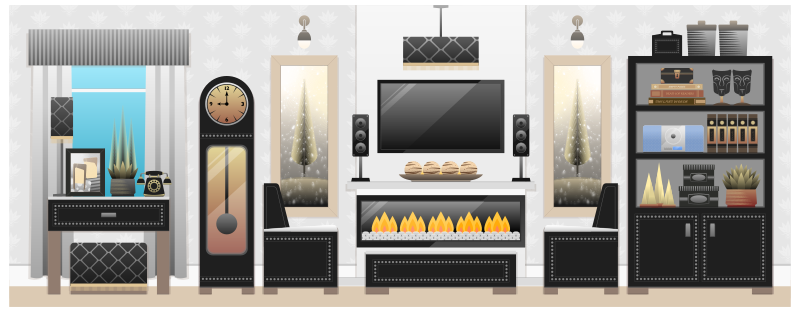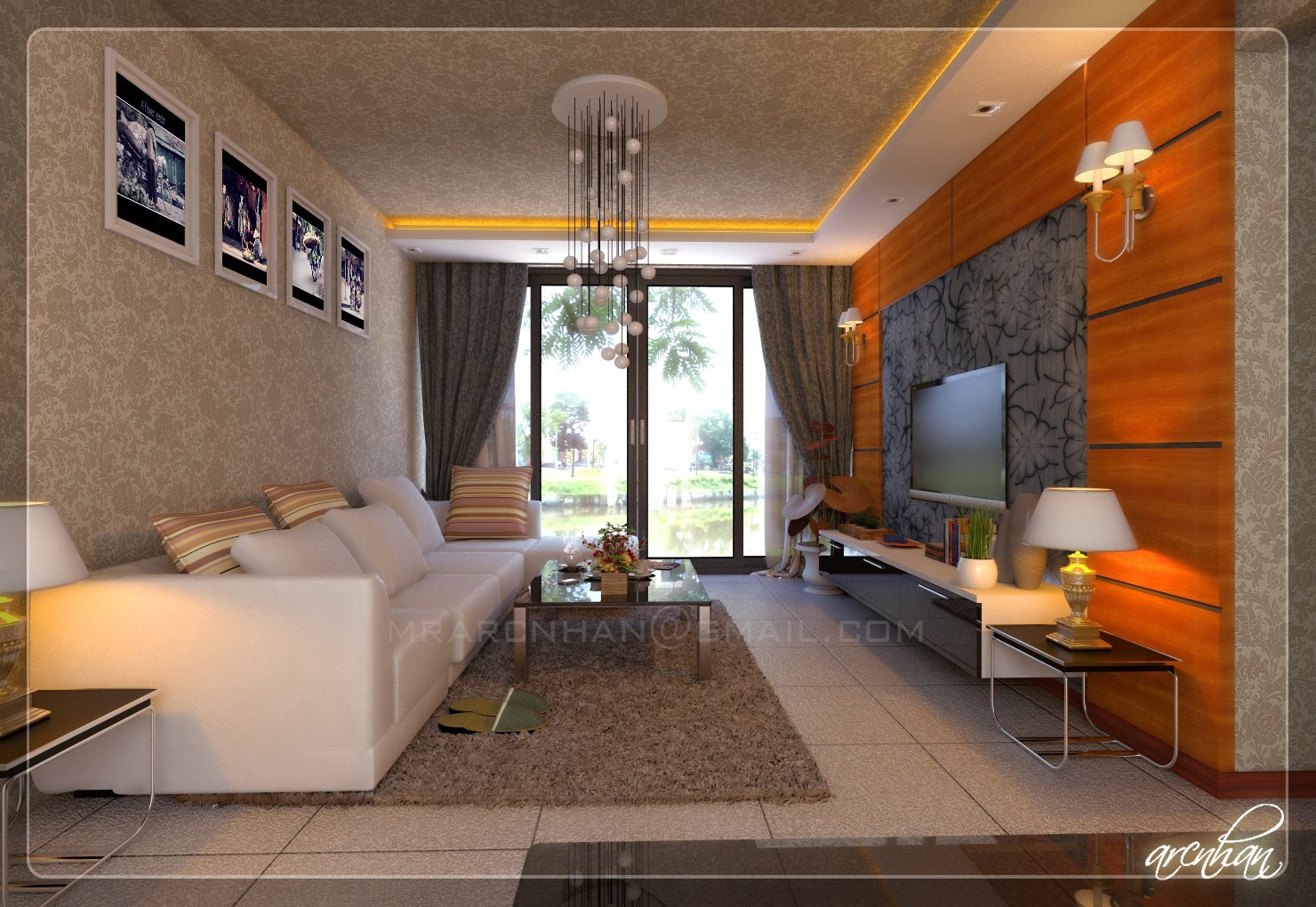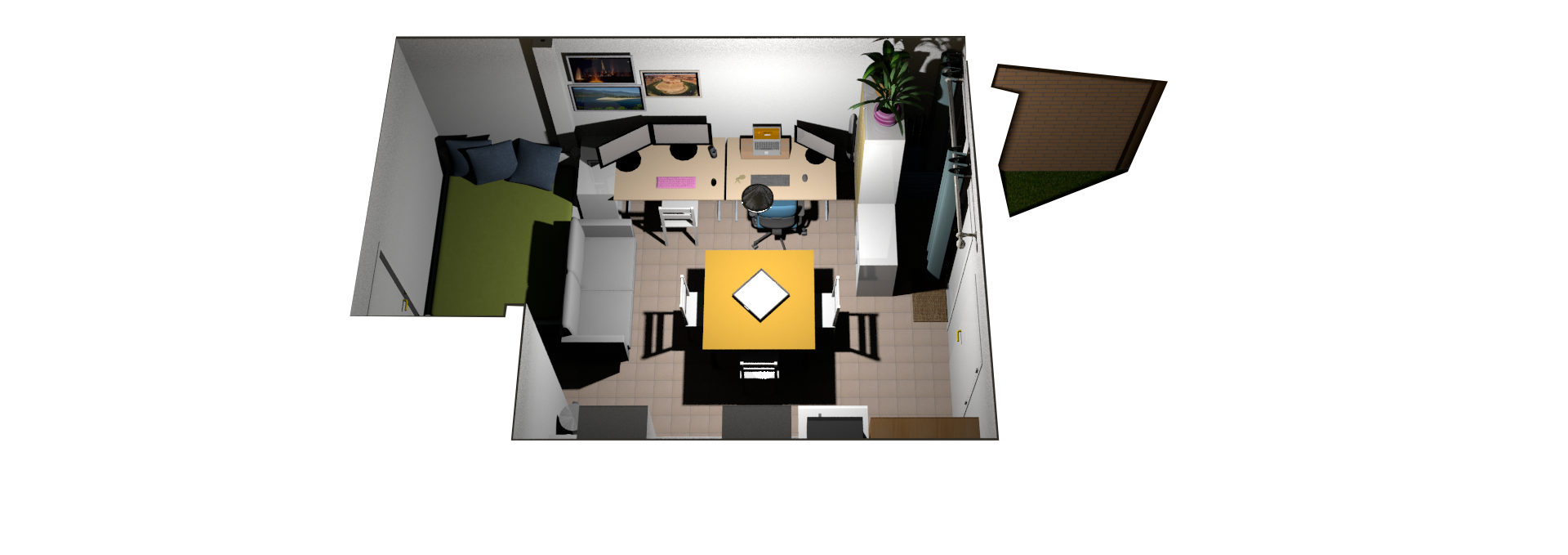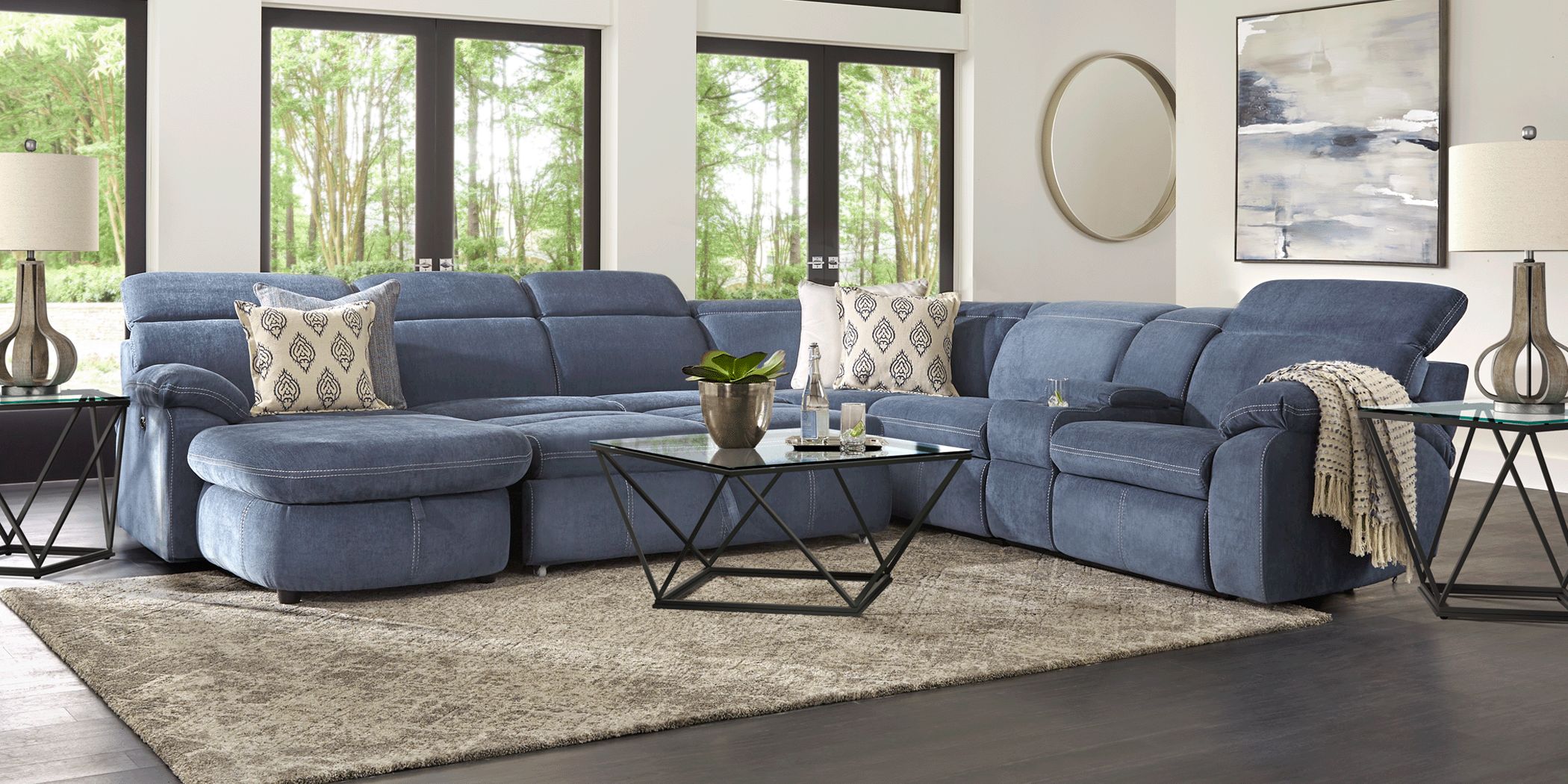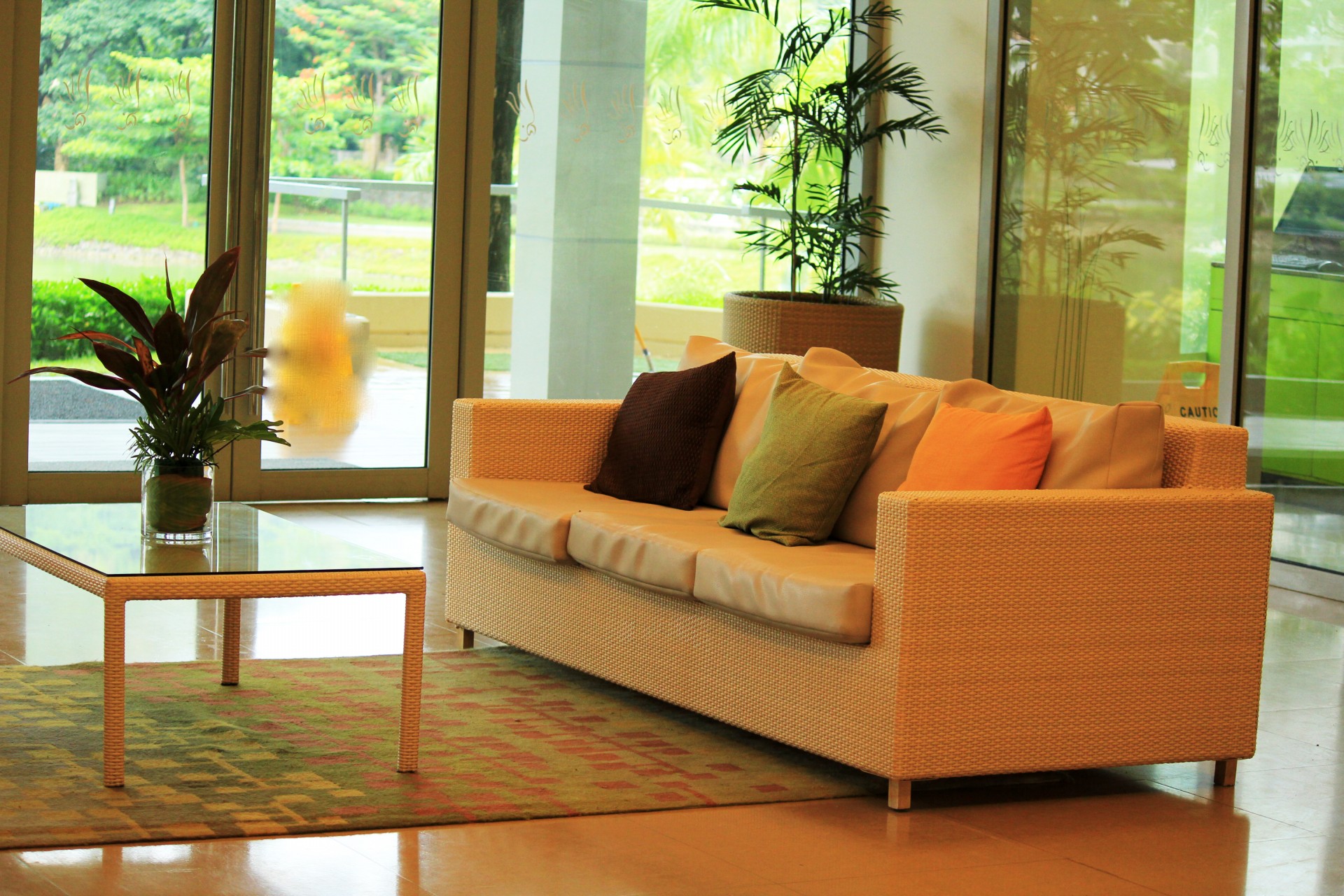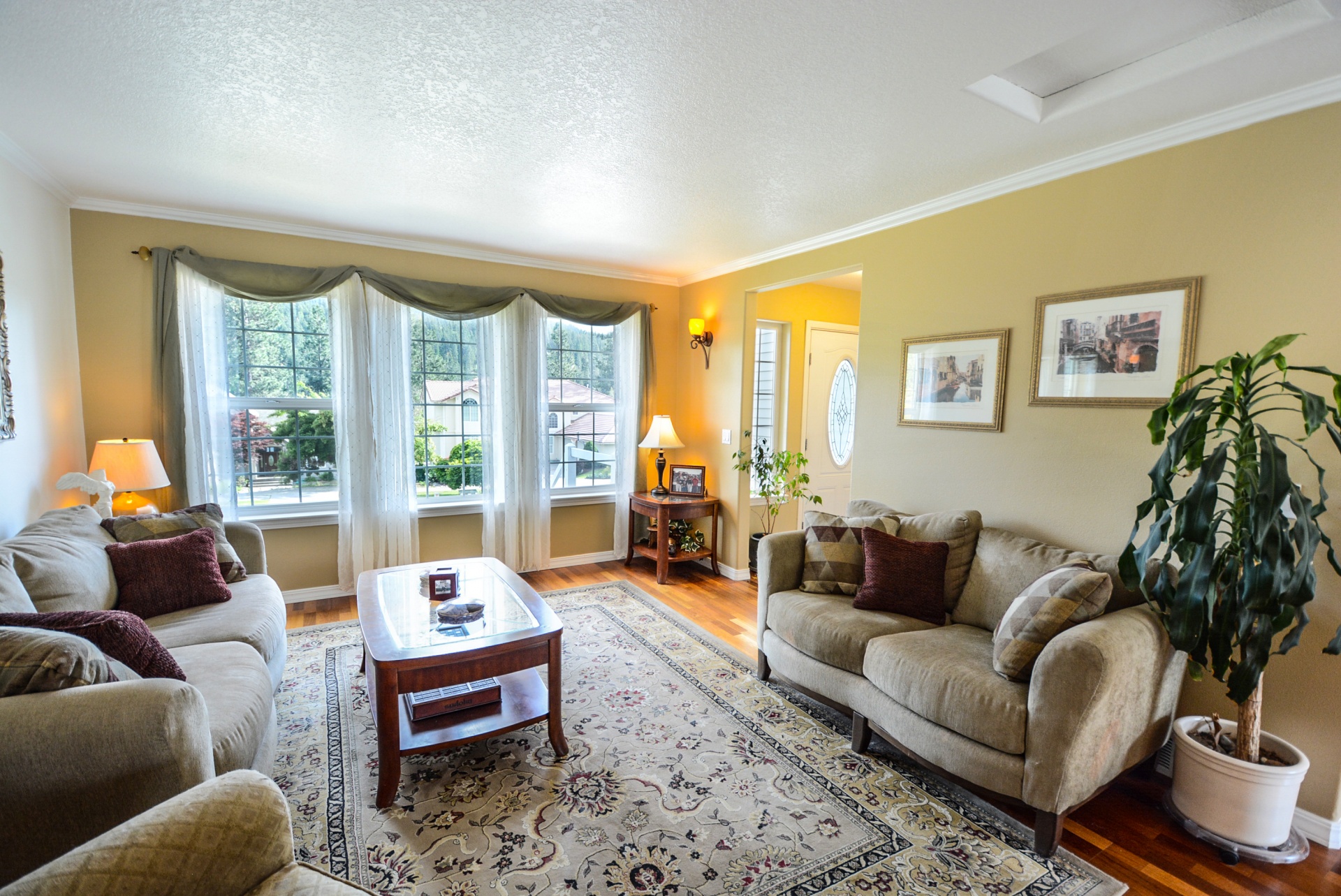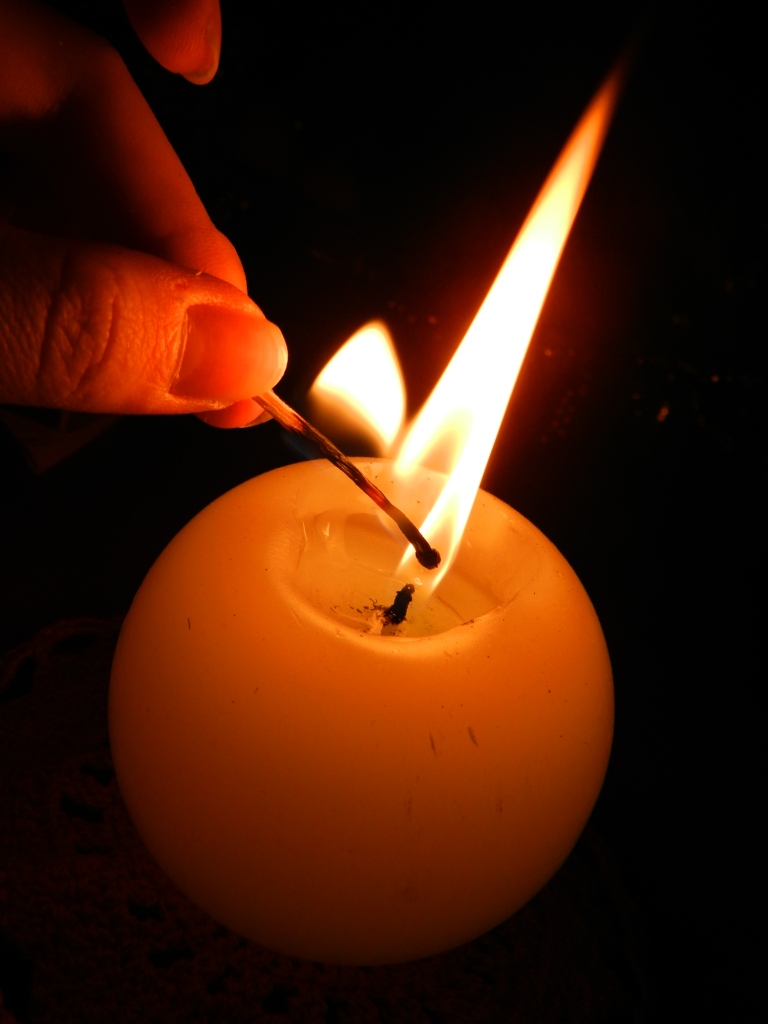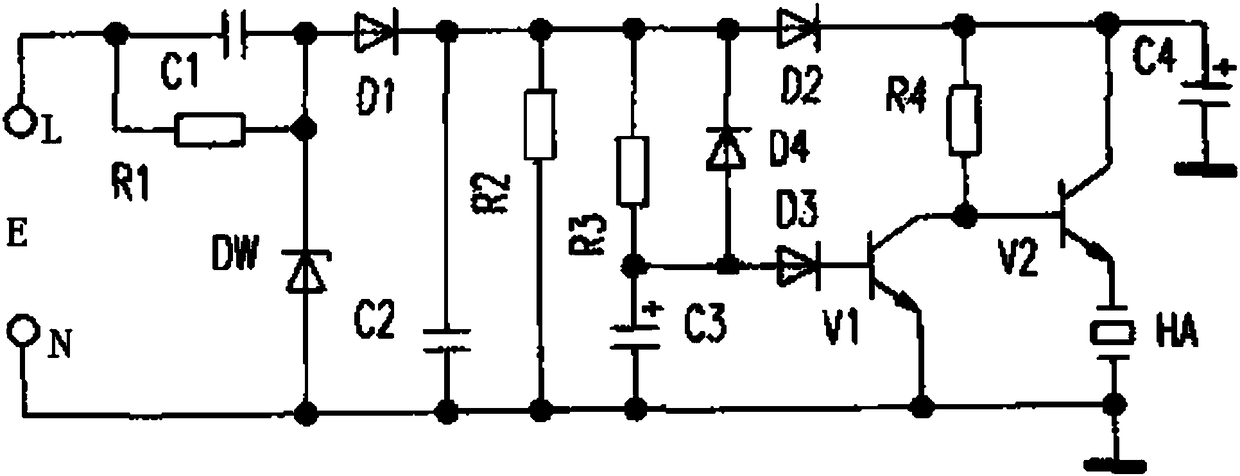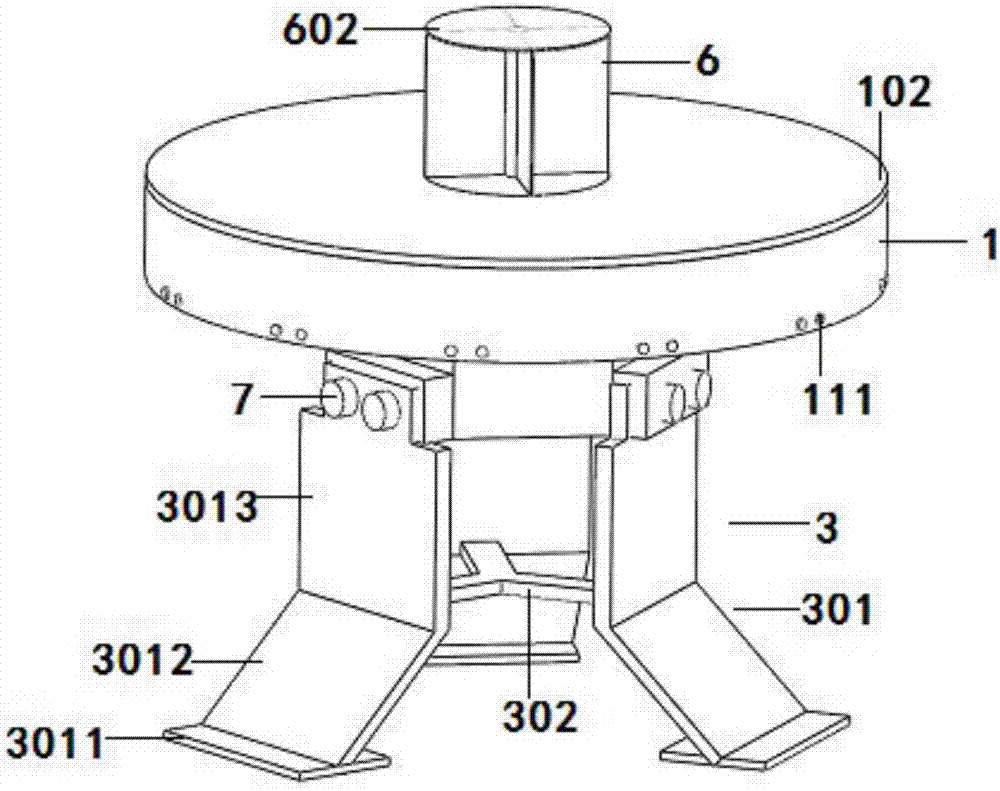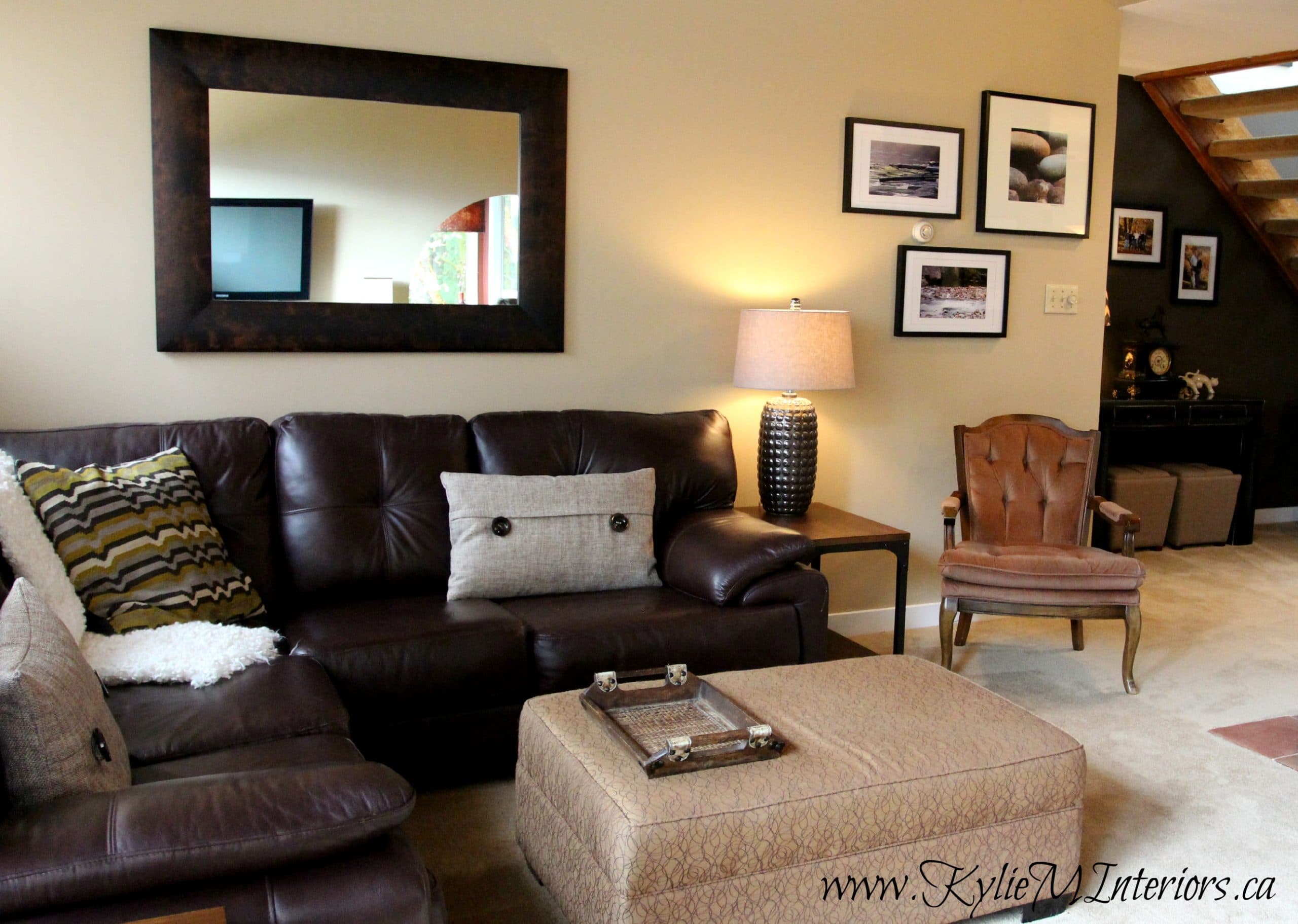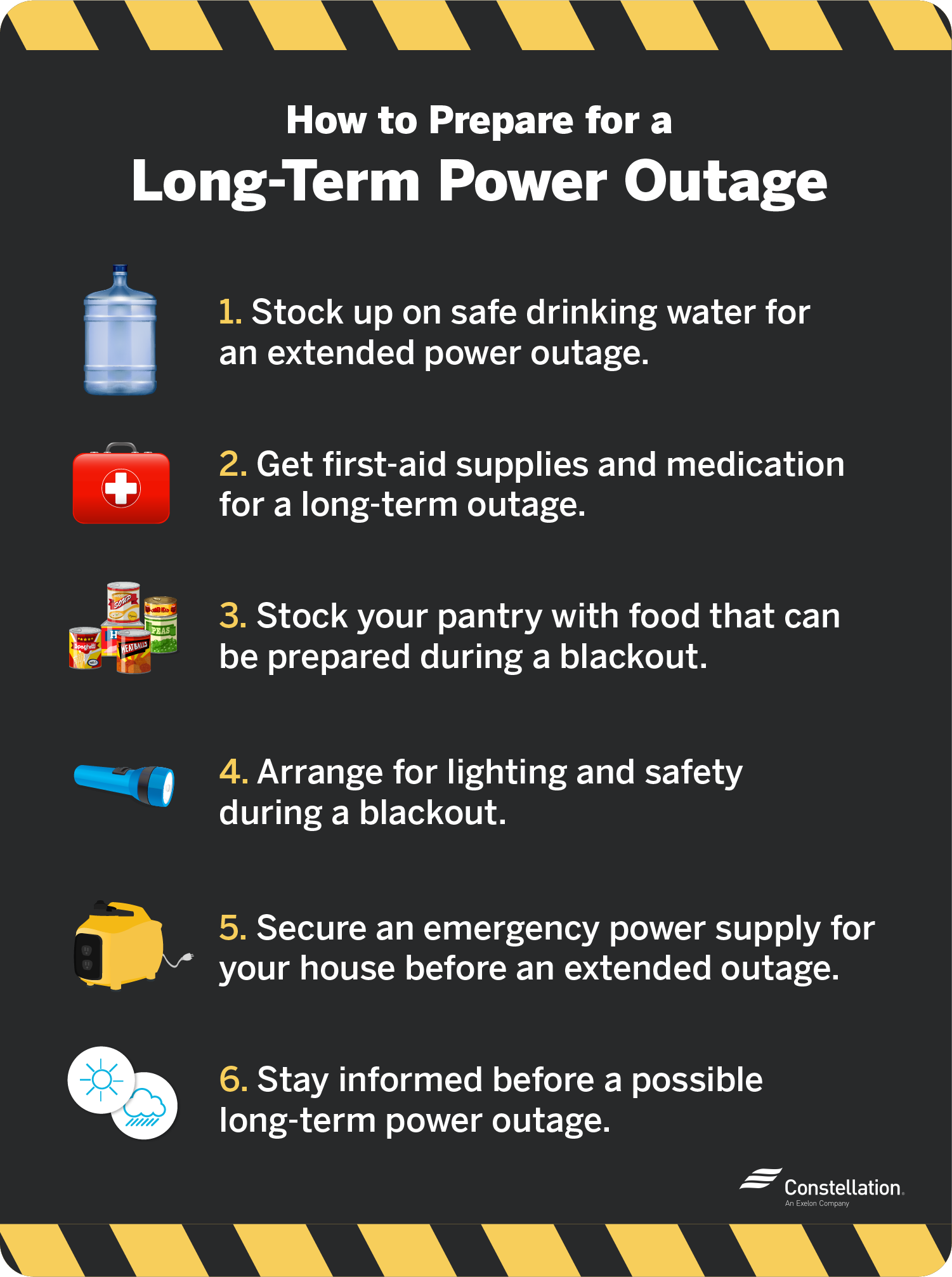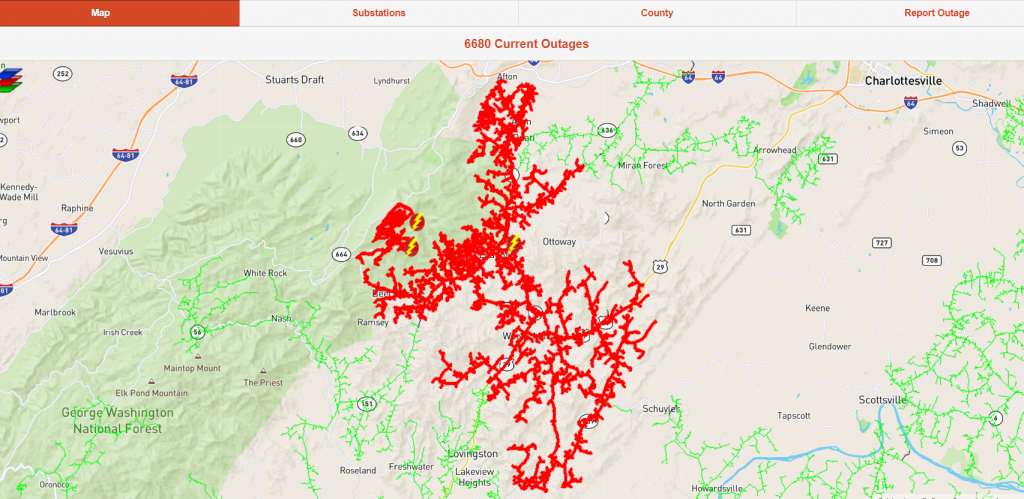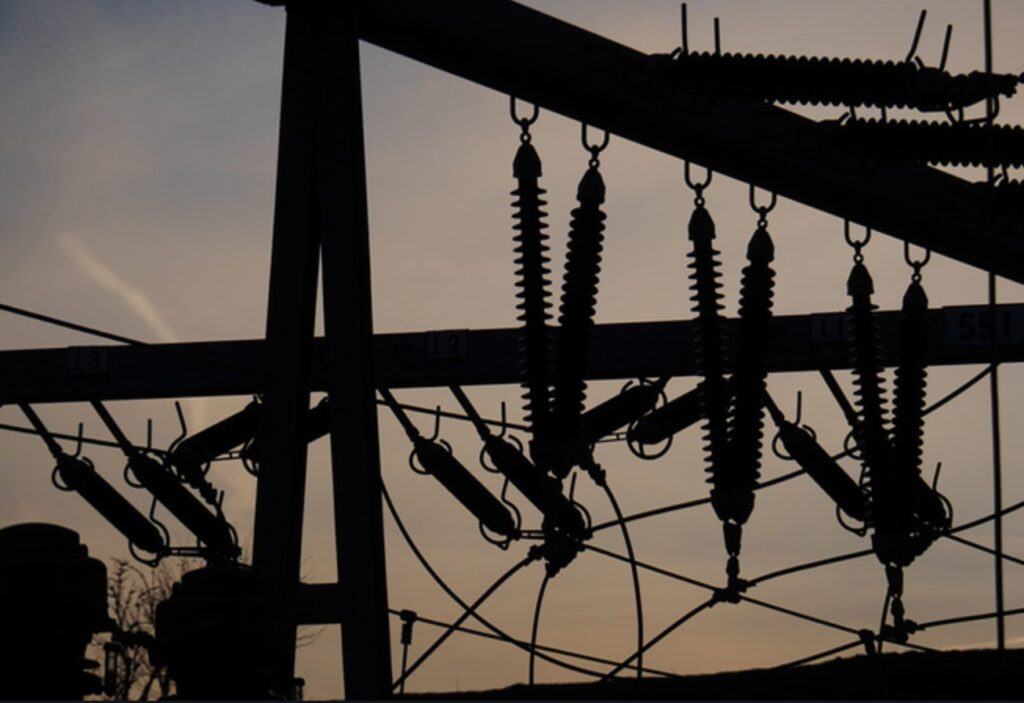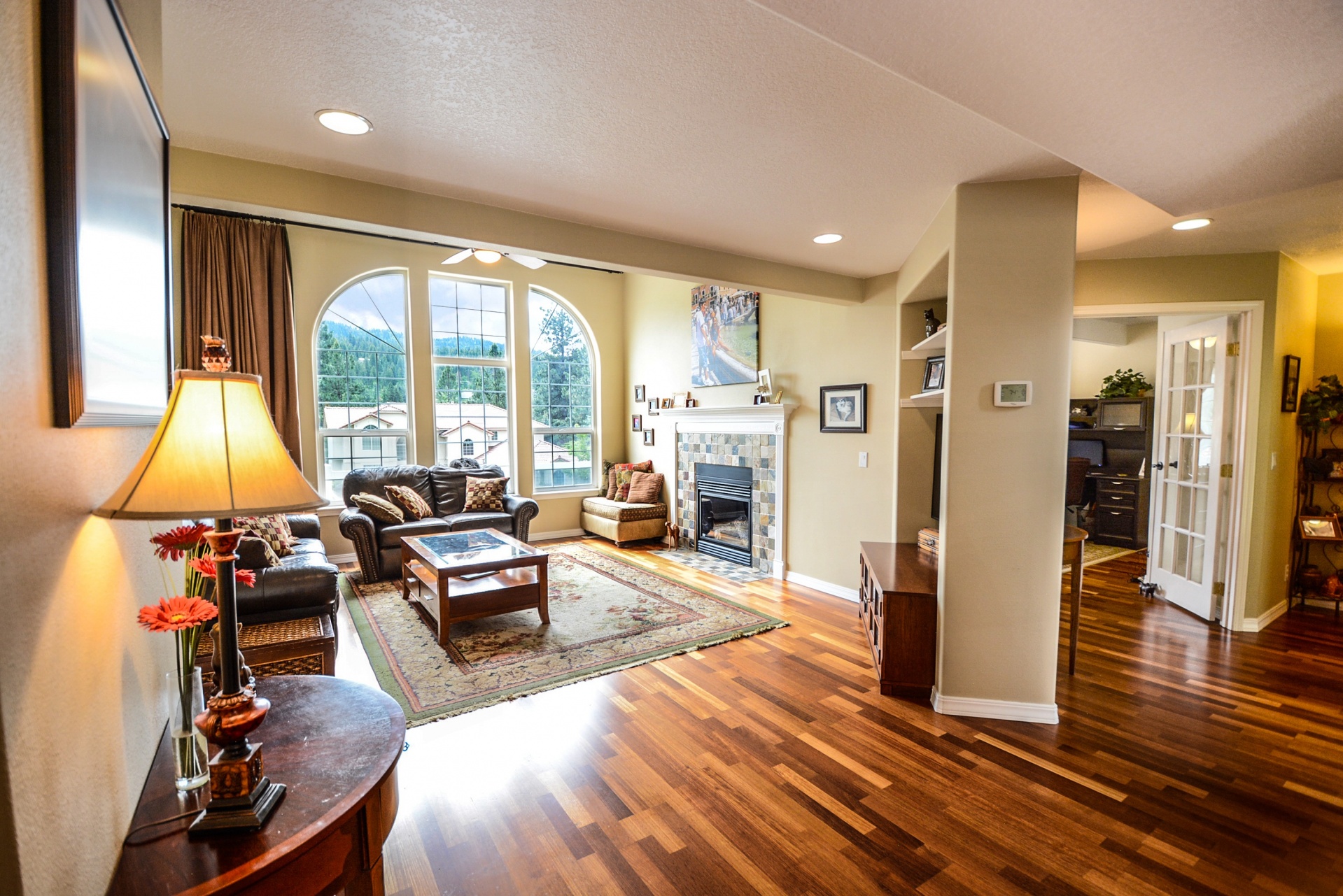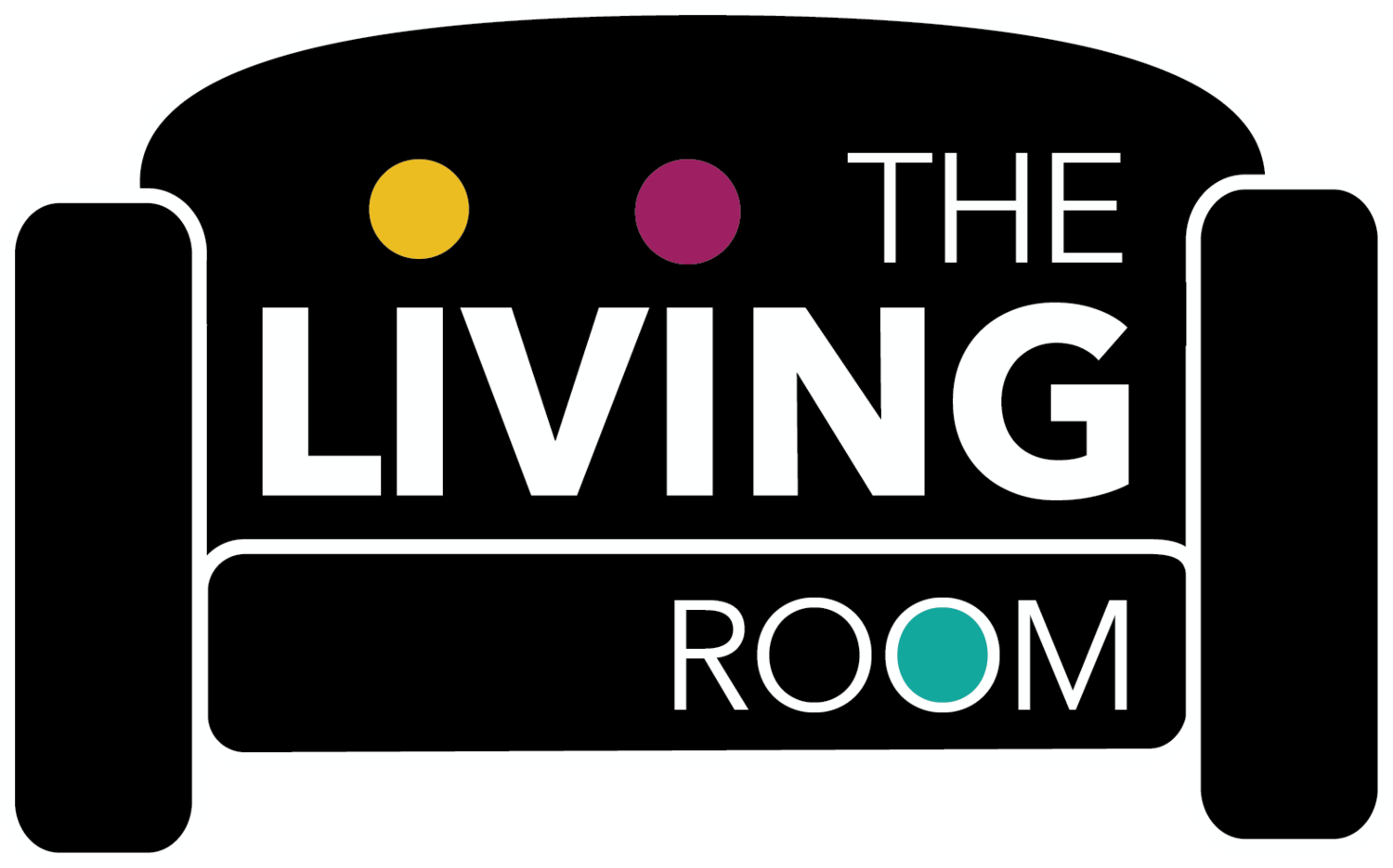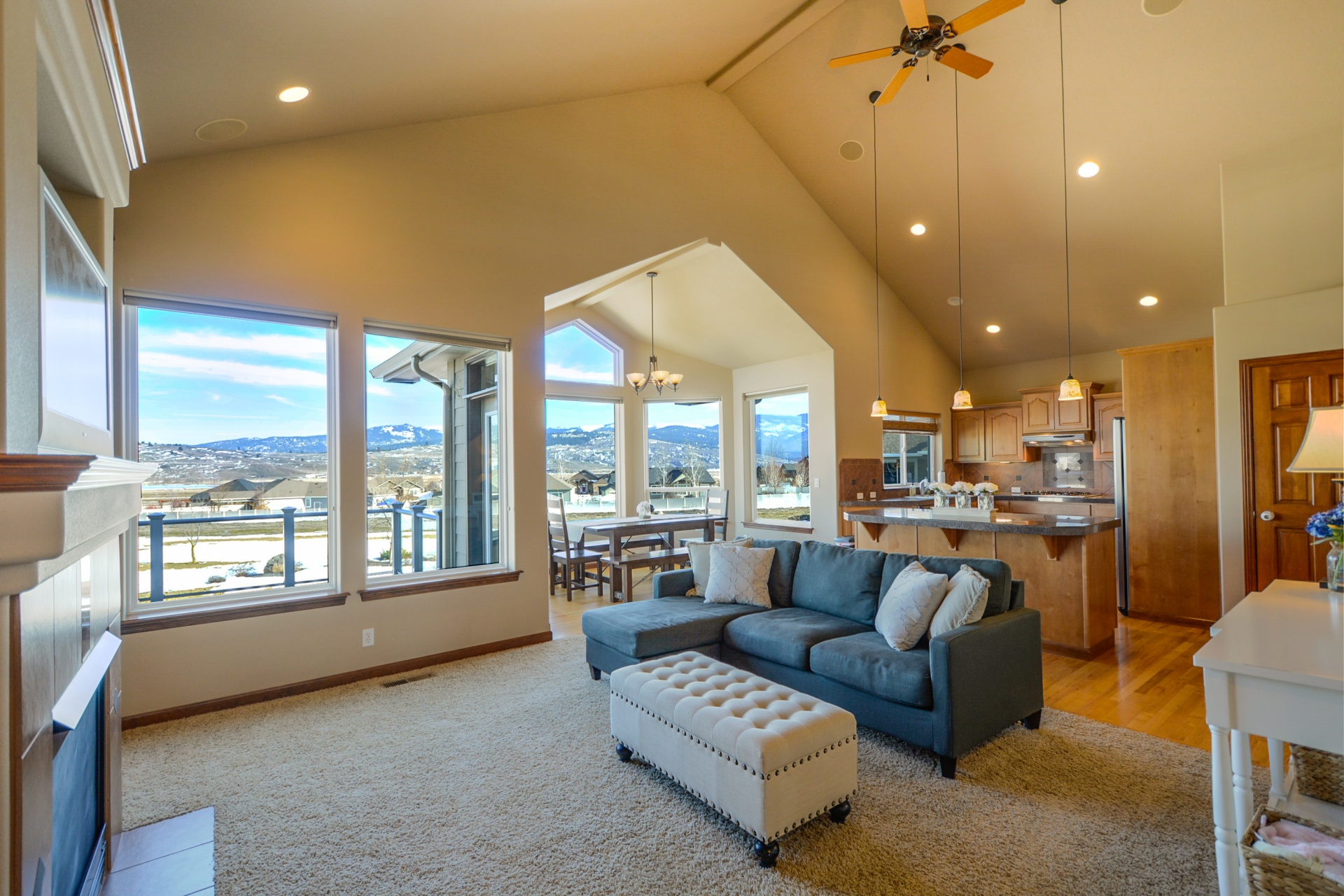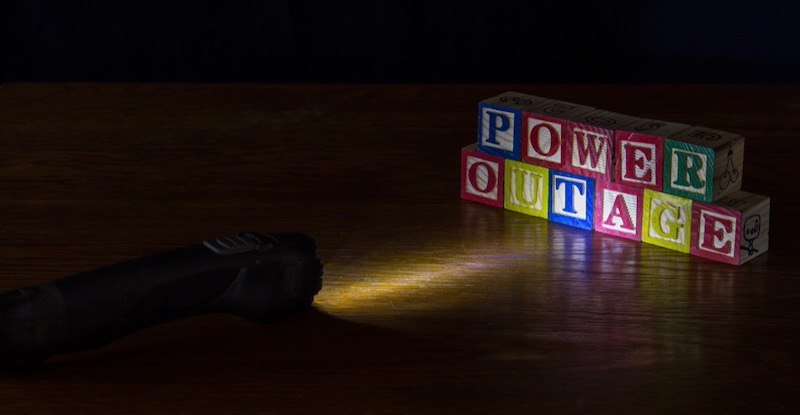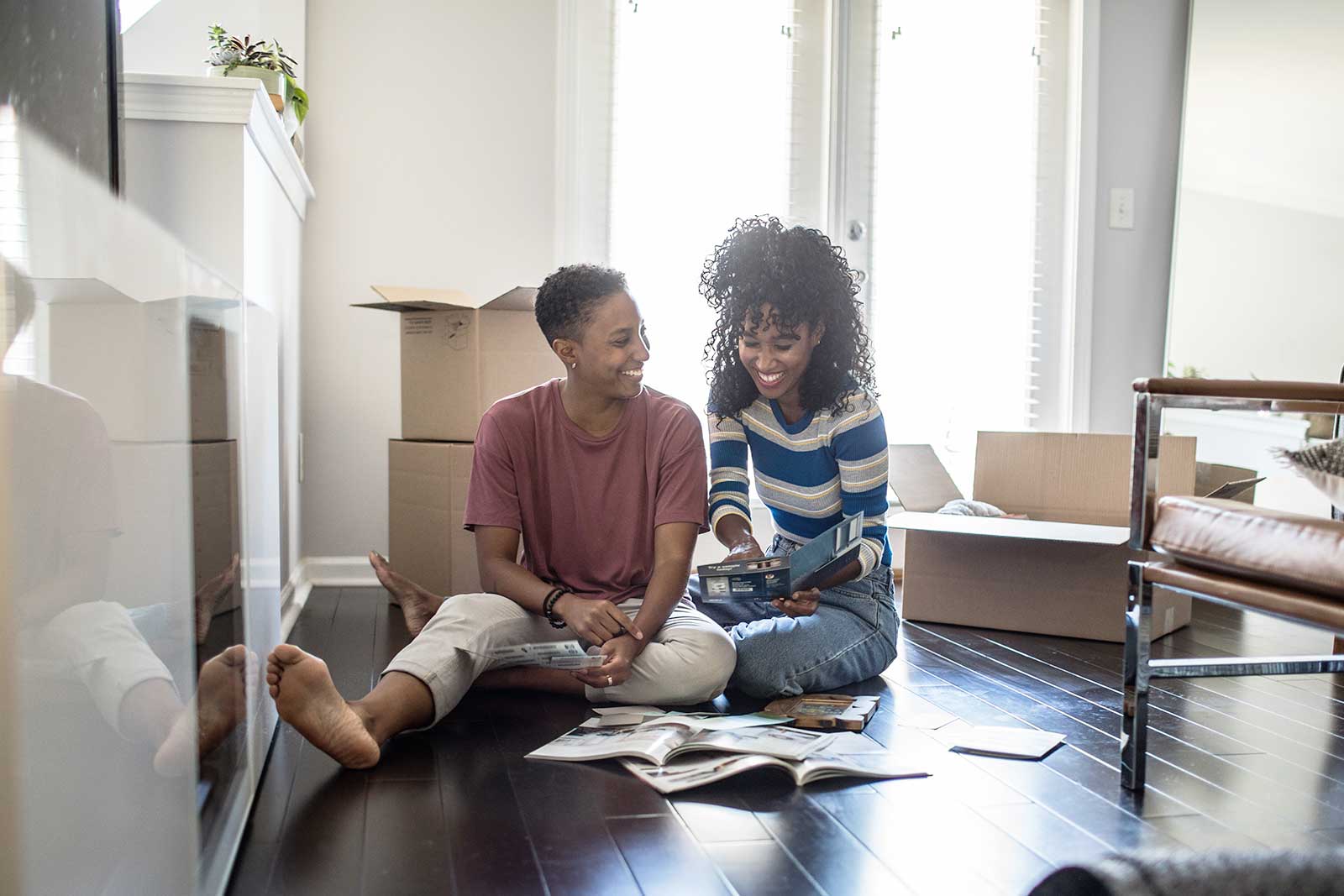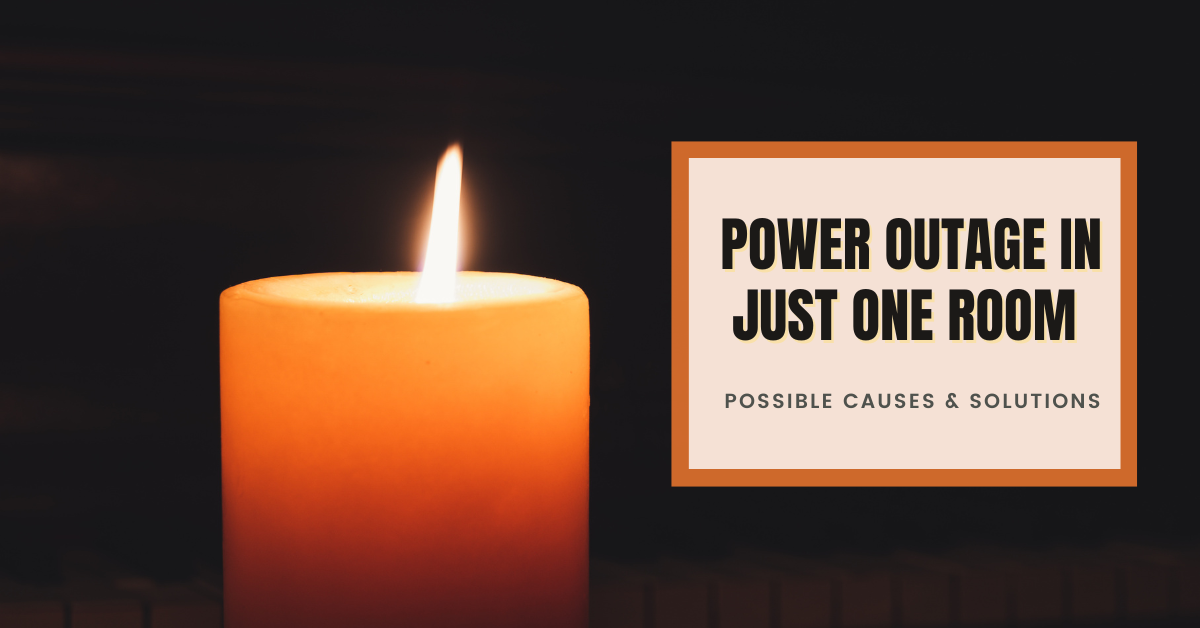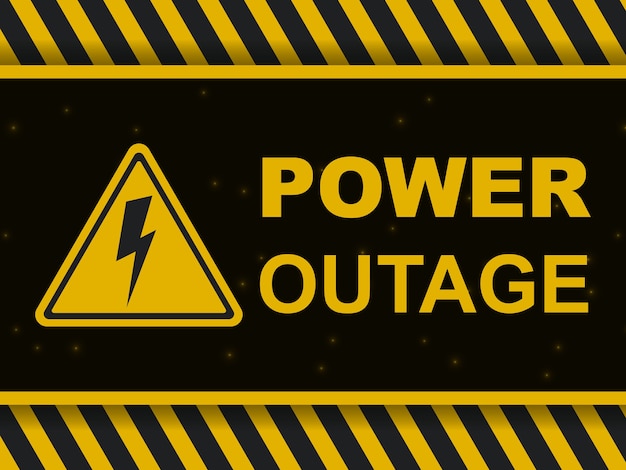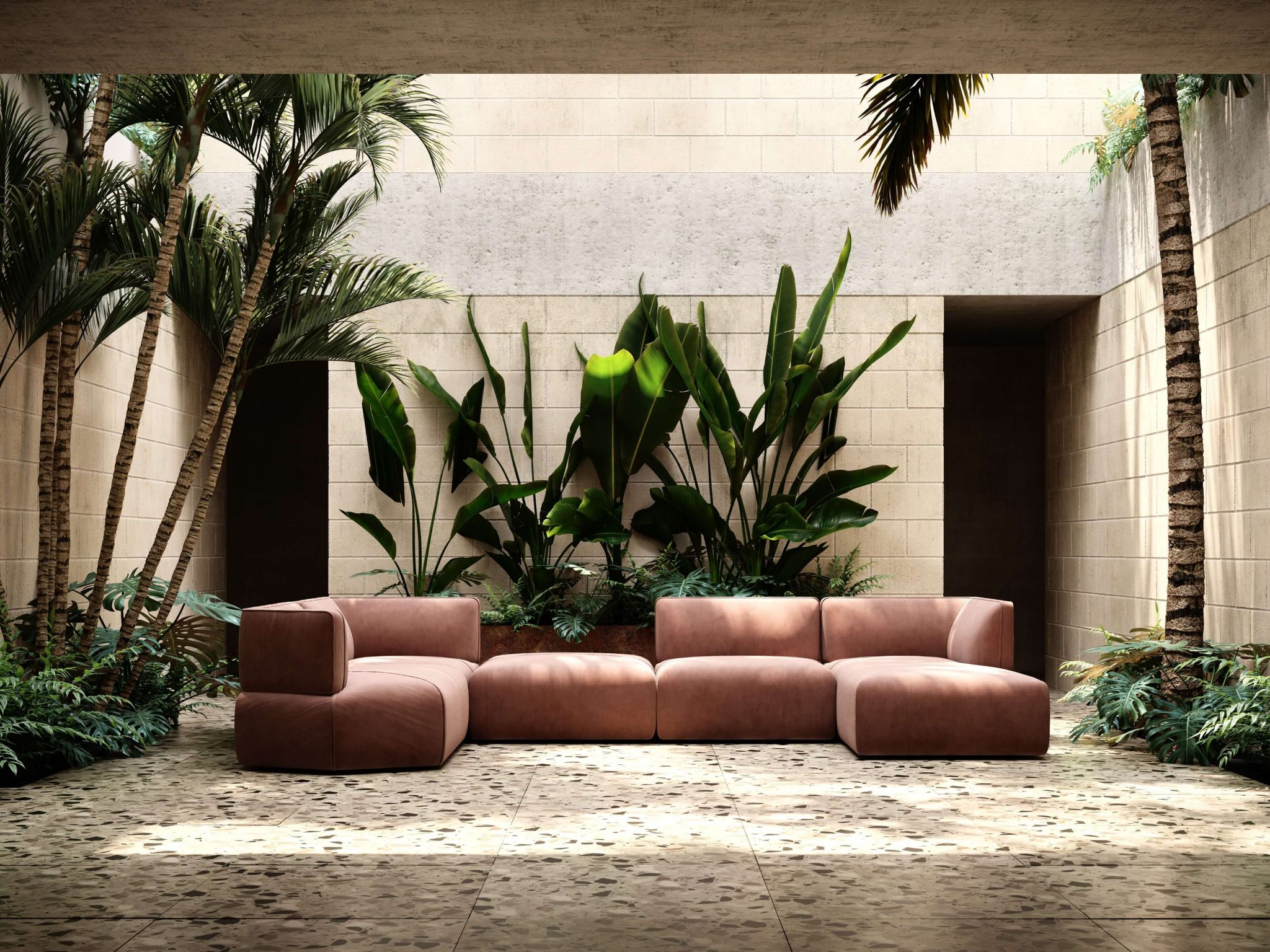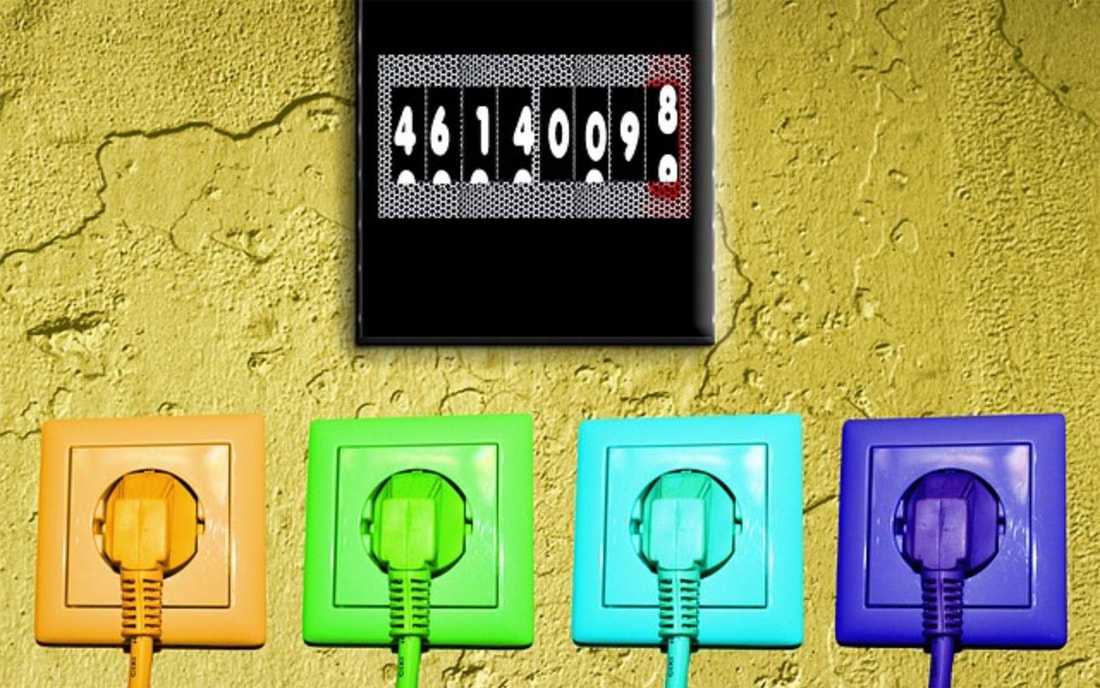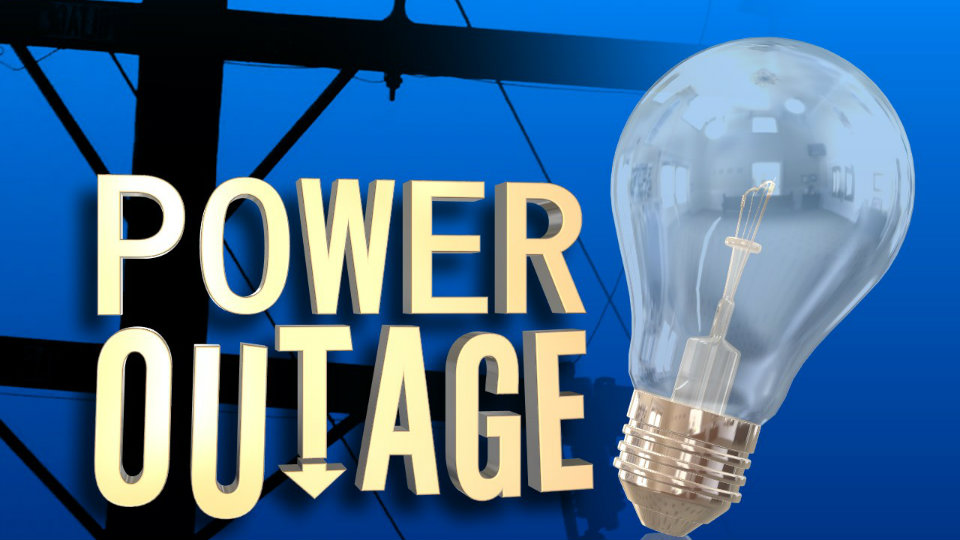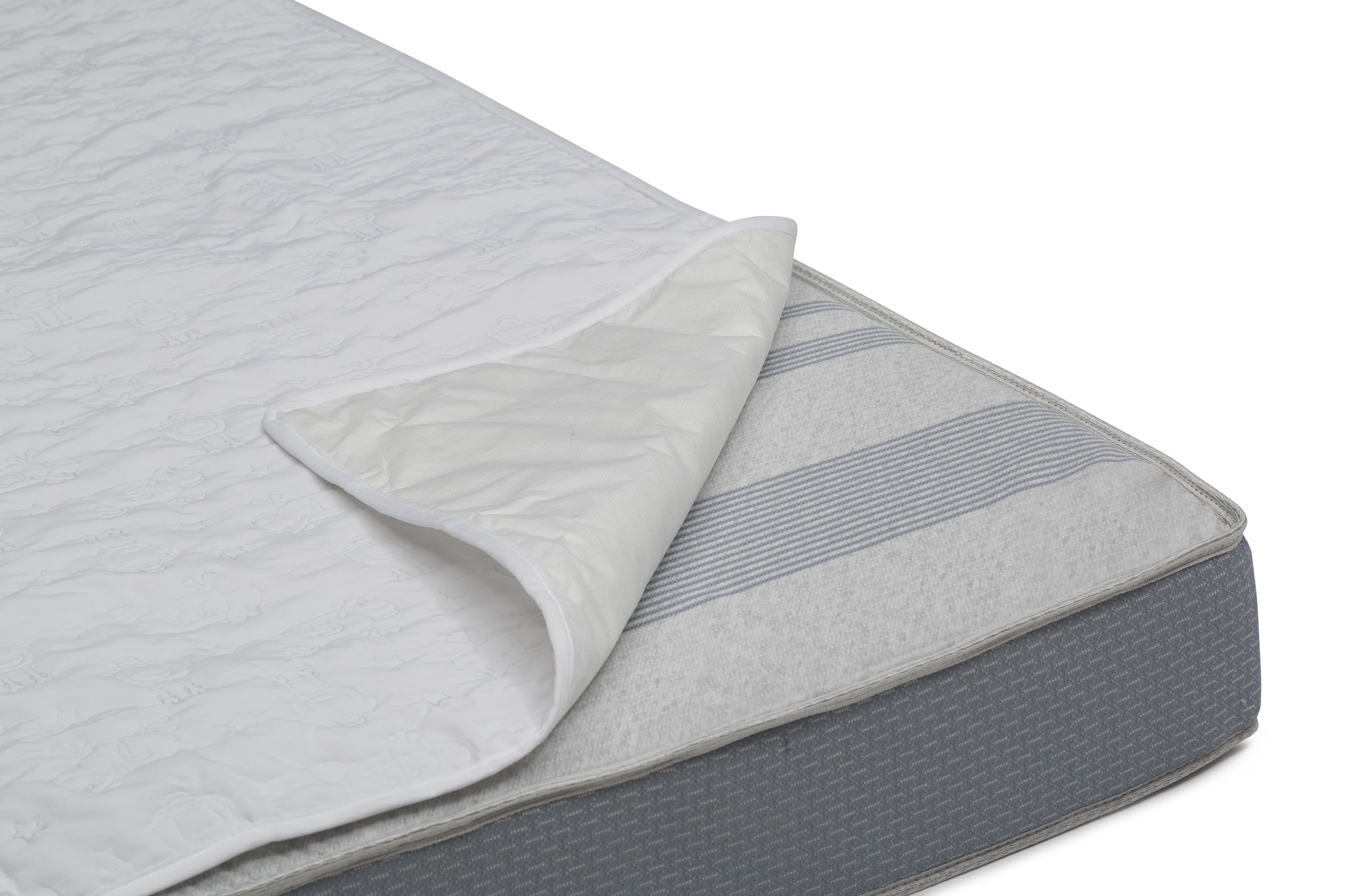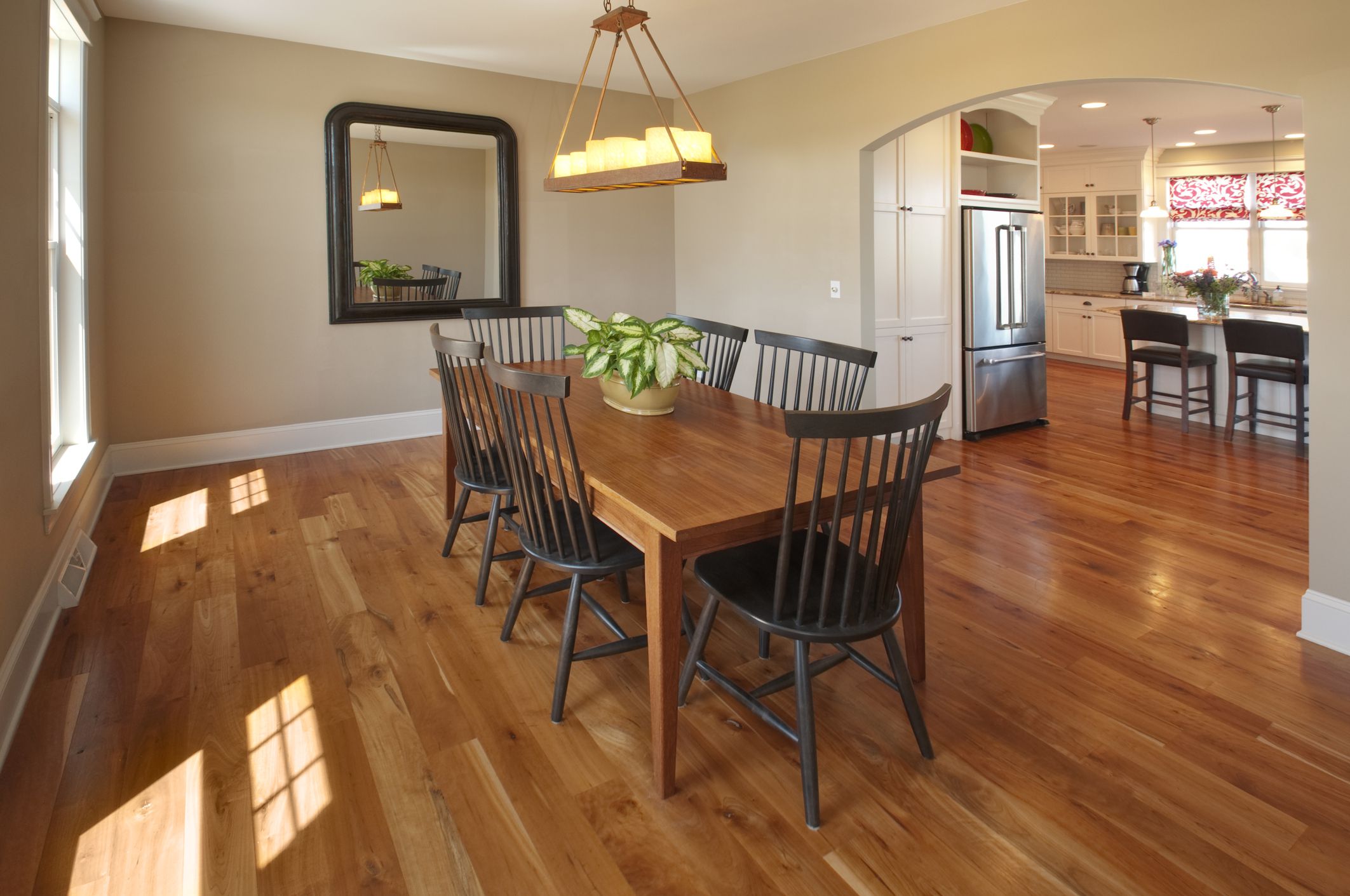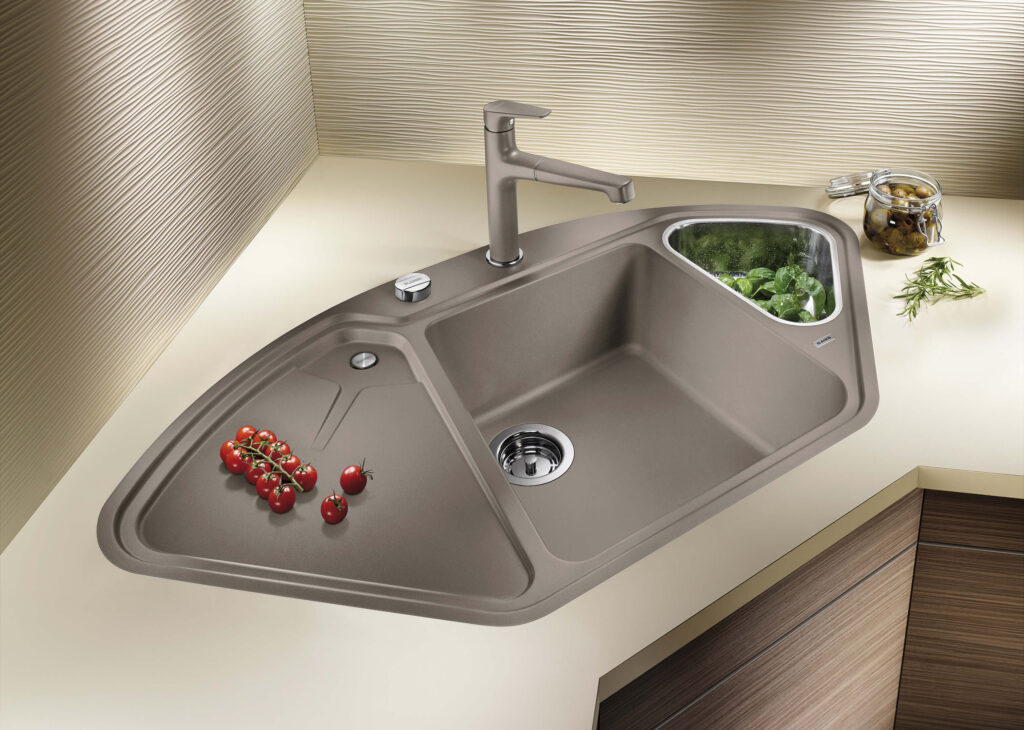One moment you're watching your favorite TV show in the comfort of your living room, and the next, the power goes out. Living room power outages can be frustrating and inconvenient, but they are not uncommon. In fact, they can happen for a variety of reasons, from simple circuit overloads to severe weather conditions. Whatever the cause, it's important to know what to do when your living room experiences a power outage. Here are 10 tips to help you handle the situation. Power Outage in Living Room: How to Handle the Situation
The first thing you should do when the power goes out in your living room is to check if the problem is isolated to just your living room or if the entire house is affected. If it's just your living room, the likely culprit is a tripped circuit breaker or a blown fuse. If the whole house is affected, it could be an issue with the main electrical panel or a power outage in your area. 1. Check for the Source of the Problem
If you've determined that the power outage is limited to your living room, the next step is to reset the circuit breaker or replace the blown fuse. To reset the circuit breaker, locate the main electrical panel in your home and find the switch labeled "living room" or "lights." Flip the switch off and then back on to reset it. If you have fuses, replace the blown one with a new one of the same amperage. 2. Reset the Circuit Breaker or Replace the Fuse
If the power outage is due to an overloaded circuit, unplugging some of your appliances and electronics can help prevent it from happening again. This is especially important if you have a lot of devices plugged into the same outlet. By unplugging some of them, you can distribute the load and prevent the circuit from tripping again. 3. Unplug Appliances and Electronics
If your living room power outage is caused by a damaged power cord, it's important to address it immediately. Exposed wires or frayed cords can be a fire hazard and should be replaced as soon as possible. If you're not sure what's causing the power outage, check all your power cords for any visible damage. 4. Check for Damaged Power Cords
If the power outage happens at night, it's important to have a flashlight handy. This will help you navigate your way around the living room and avoid any potential hazards. Make sure to keep a few flashlights and spare batteries in an easily accessible location in case of emergencies. 5. Use a Flashlight
If you've checked all of the above and your living room is still without power, it's possible that there's an issue with the main electrical panel or a power outage in your area. In this case, contact your electrical provider to report the issue and get an estimated time for when the power will be restored. 6. Contact Your Electrical Provider
If you have food stored in your fridge or freezer, avoid opening the doors during a power outage. Keeping them closed will help maintain the temperature and prevent your food from spoiling. If the power outage is expected to last for an extended period, consider transferring perishable items to a cooler with ice. 7. Keep Food in the Fridge and Freezer Closed
If the power outage is expected to last for a while, you may want to consider using alternative light sources such as candles, lanterns, or solar-powered lights. These can provide enough light to help you navigate your living room and perform basic tasks until the power is restored. 8. Use Alternative Light Sources
Depending on the season, a power outage can also affect the temperature in your living room. If it's cold outside, make sure to bundle up with extra layers and blankets to keep warm. If it's hot, open windows and doors to let in fresh air, and consider moving to a cooler room in the house. 9. Keep Warm or Cool
How to Design a Functional and Beautiful Living Room
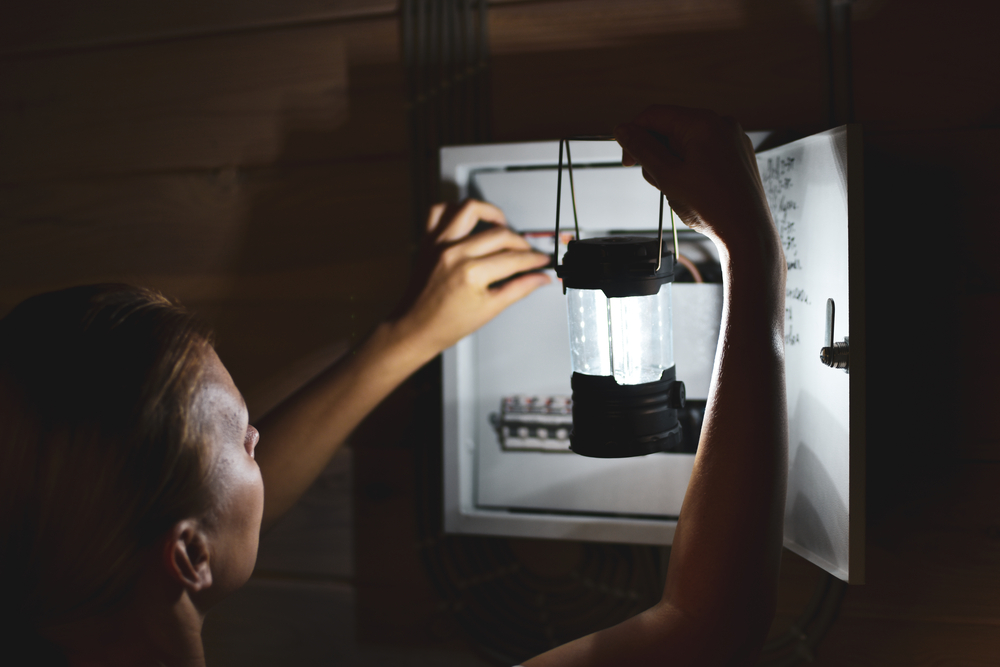
The living room is often considered the heart of a house – it's where families and friends gather to relax, socialize, and make memories. Therefore, it's important to create a space that is both functional and aesthetically pleasing. However, sometimes unexpected events, like a power outage, can disrupt the flow of your living room. Here are some tips on how to design a living room that can still function even when the power goes out.
Choose Natural Lighting

When the power goes out, relying on natural lighting can save you from being left in the dark. Make sure your living room has large windows that allow ample natural light to come in. This not only provides an alternative source of light but also creates a warm and inviting atmosphere in your living room.
Invest in a Generator
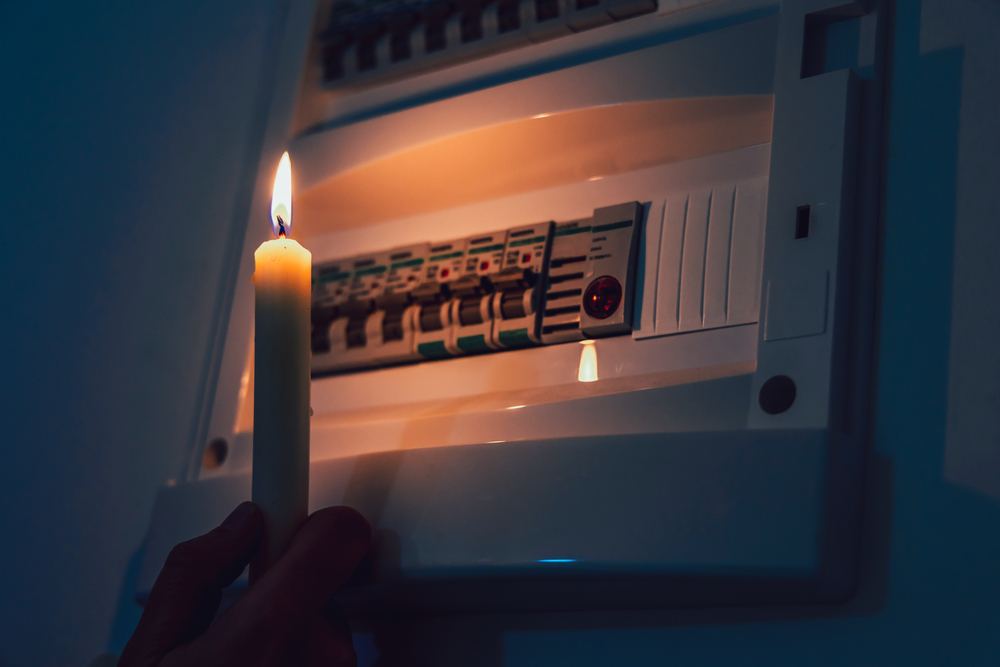
Having a backup power source like a generator can be a lifesaver when the power goes out. It can keep your essential appliances and lights running, making it easier to carry on with your daily activities. You can also consider investing in solar-powered lights or a portable solar generator, which are environmentally friendly and cost-effective alternatives.
Utilize Candles and Lanterns
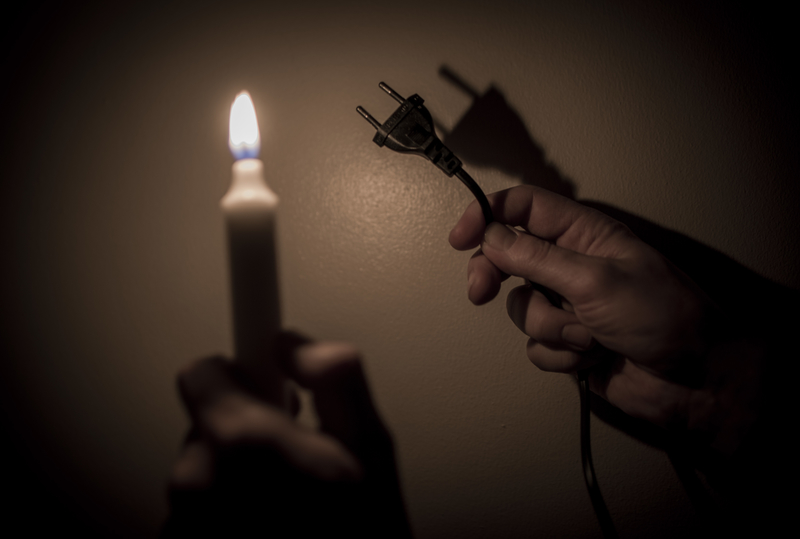
Candles and lanterns not only provide light during a power outage but also add a cozy and intimate ambiance to your living room. Consider having a variety of sizes and scents to choose from, and strategically place them around the room to create a warm and inviting atmosphere.
Choose Functional Furniture

When designing your living room, consider choosing furniture that serves multiple purposes. For example, a coffee table with built-in storage or a sofa bed that can be used as an extra sleeping space. This not only maximizes the functionality of your living room but also saves space and adds versatility to your design.
In conclusion, designing a living room that can still function during a power outage is all about being prepared and having the right elements in place. With these tips in mind, you can create a space that is not only beautiful but also functional and resilient. Don't let a power outage ruin the vibe of your living room – with the right design, you can keep the space bright and welcoming, even without electricity.




